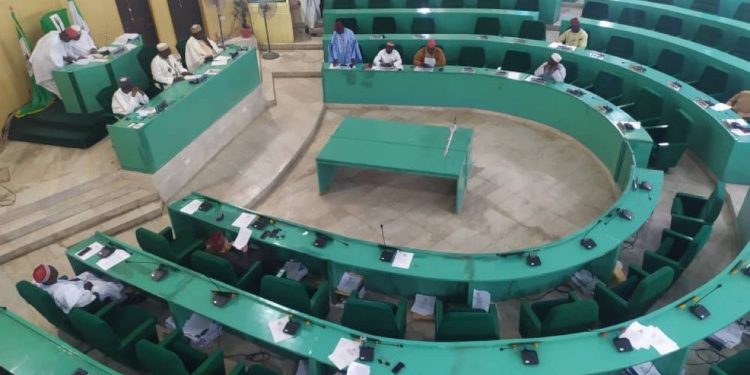The Kano State House of Assembly has introduced a new bill aimed at establishing Hausa as the principal language of instruction across both public and private schools in the state. The proposed legislation seeks to strengthen mother-tongue education and enhance learning outcomes among students, particularly at the foundational level.
According to lawmakers, the initiative is designed to promote cultural identity, improve comprehension in early education, and preserve the linguistic heritage of Northern Nigeria. Supporters of the bill argue that children learn faster and understand complex subjects better when taught in their native language.
If passed into law, the bill will require schools to adopt Hausa as the primary language for teaching core subjects, while English and other foreign languages will be taught as secondary or complementary subjects. This approach aligns with global educational research which shows that mother-tongue instruction enhances literacy development, cognitive growth, and overall academic performance.
The Assembly noted that the transition will be gradual, involving curriculum adjustments, teacher training, and the development of Hausa-language educational materials across different subject areas.
However, the proposed policy has sparked discussions among educators and parents. While some welcome the move as a step toward cultural preservation and academic improvement, others express concern about how it may affect students’ competitiveness in national and international environments where English remains dominant.
The House of Assembly has scheduled a public hearing, allowing stakeholders, educators, and civil society groups to present their views before the bill progresses to its next legislative stage.


